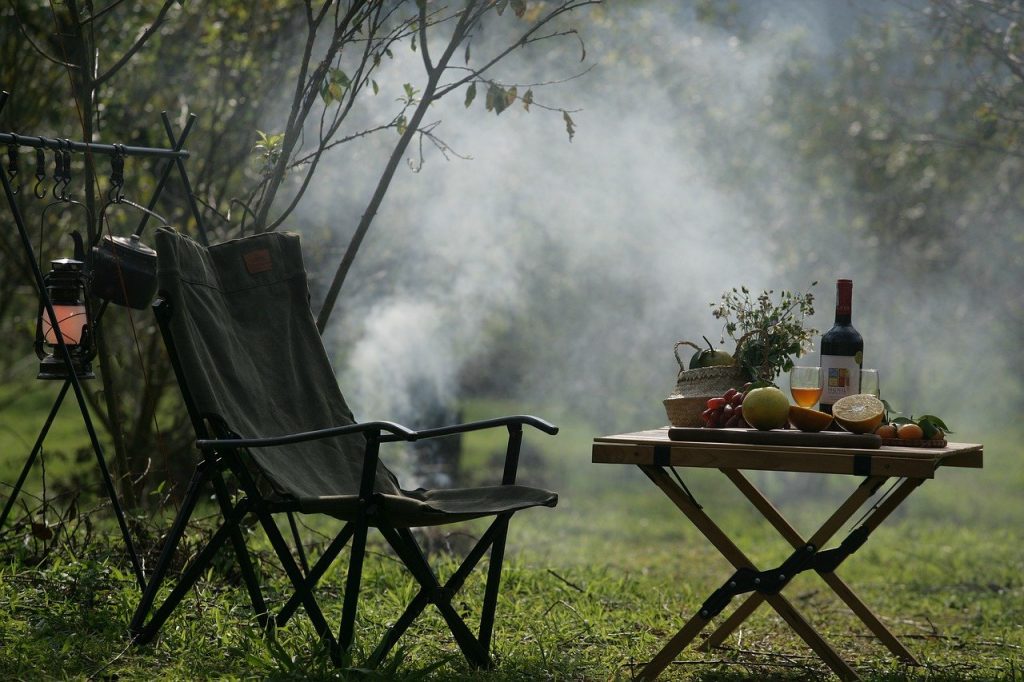Practicing Good Hygiene
Wash dishes thoroughly and store all food scraps and waste. Use biodegradable soap and dispose of waste according to campsite rules. Following good hygiene practices keeps your campsite clean and the environment safe.
Camping food doesn’t have to be complicated. With the right ingredients, simple recipes, and a little planning, you can enjoy delicious meals that fuel your outdoor adventures. From hearty breakfasts to satisfying dinners, these meals and tips will help you make the most of your dining experience in the great outdoors. So gather around the campfire, savor each bite, and embrace the joy of cooking in nature.

